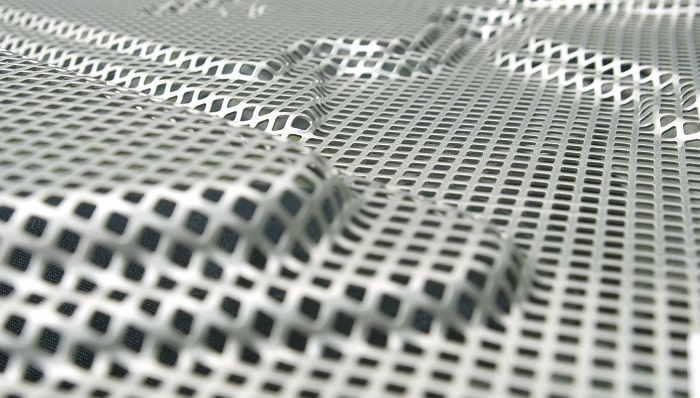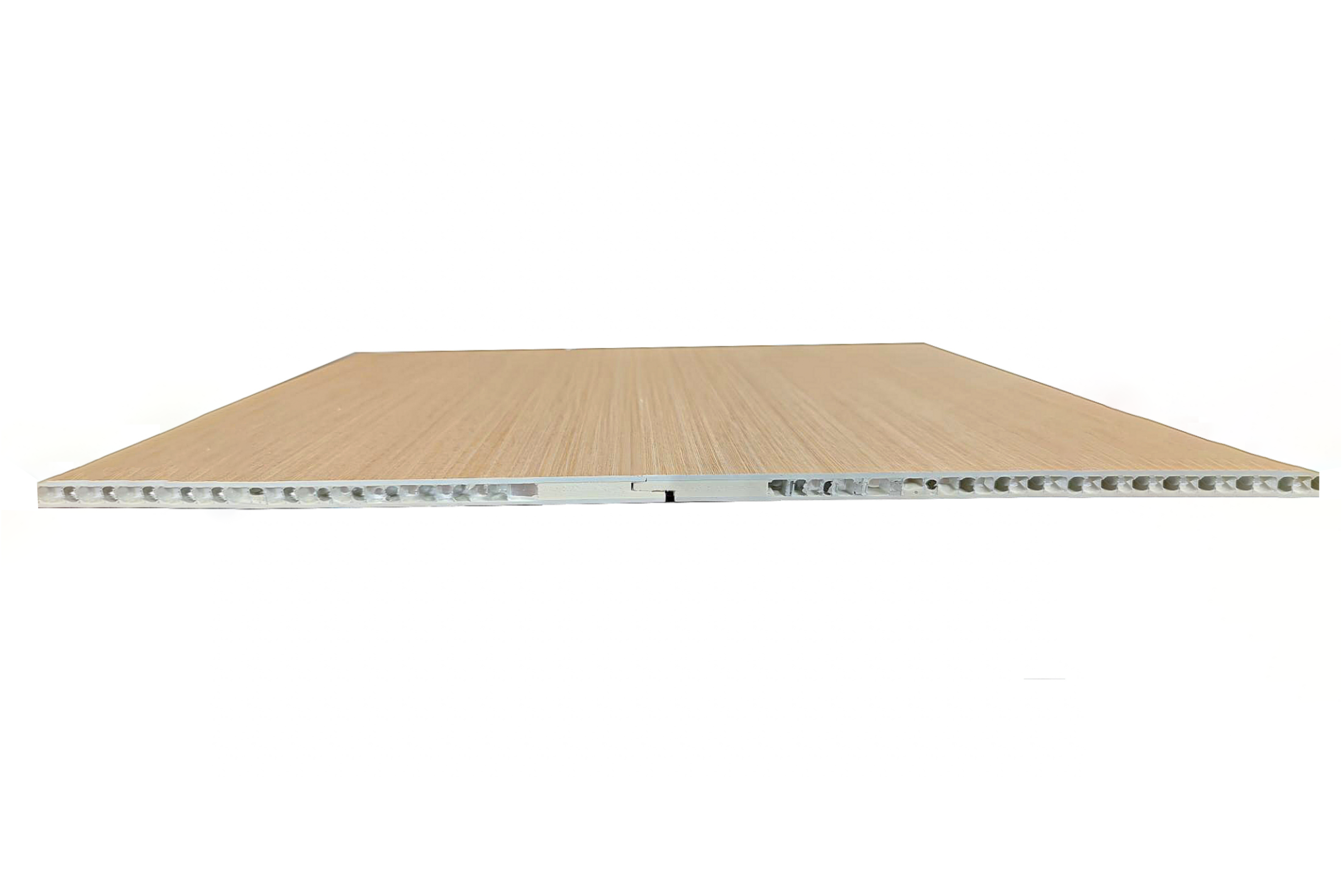Revolutionizing Construction: The Impact of Technology on the Future of the Industry

The construction industry has always been known for its traditional methods and slow adoption of technological advancements. However, in recent years, technology has started to reshape the construction landscape, revolutionizing the way projects are planned, designed, and executed. In this blog post, we will explore how technology is set to impact the future of construction, from improving efficiency and safety to enabling sustainable practices and enhancing collaboration.
- Building Information Modeling (BIM) and Virtual Reality (VR):
One of the most significant technological advancements in construction is the implementation of Building Information Modeling (BIM) and Virtual Reality (VR). BIM allows for the creation of digital representations of buildings, enabling architects, engineers, and contractors to collaborate seamlessly throughout the project lifecycle. VR takes it a step further by providing immersive experiences, allowing stakeholders to visualize and interact with the proposed designs. This technology not only enhances communication but also helps identify and resolve potential issues before construction begins, saving time and resources. - Robotics and Automation:
Automation and robotics are transforming the construction industry by streamlining repetitive and labor-intensive tasks. Robots can now perform tasks such as bricklaying, concrete pouring, and even 3D printing of buildings. These technologies not only increase productivity but also improve safety by reducing the need for human workers in hazardous environments. With the help of automation, construction projects can be completed faster, with higher precision and accuracy. - Internet of Things (IoT) and Sensors:
The Internet of Things (IoT) and sensors play a crucial role in the future of construction. IoT devices and sensors can be embedded in construction materials, equipment, and even wearable devices to collect real-time data on various parameters such as temperature, humidity, structural integrity, and worker safety. This data can be analyzed to optimize construction processes, monitor equipment performance, and ensure a safe working environment. By leveraging IoT and sensor technologies, construction companies can make data-driven decisions, leading to improved efficiency and cost savings. - Sustainable Construction Practices:
Technology is also driving the adoption of sustainable construction practices. From energy-efficient building materials to smart energy management systems, technology is enabling the construction of eco-friendly and energy-efficient structures. For example, the integration of renewable energy sources, such as solar panels and wind turbines, into building designs is becoming increasingly common. Additionally, advanced waste management systems and recycling technologies are reducing the environmental impact of construction projects. The future of construction lies in sustainable practices, and technology is playing a pivotal role in achieving this goal.
Conclusion:
The future of construction is being shaped by technology in unprecedented ways. From BIM and VR to robotics, automation, IoT, and sustainable practices, technology is revolutionizing every aspect of the industry. Embracing these advancements will not only improve efficiency, safety, and collaboration but also pave the way for sustainable and environmentally conscious construction practices. As the construction industry continues to evolve, it is crucial for professionals to stay updated with the latest technological trends and leverage them to stay ahead in this rapidly changing landscape.

